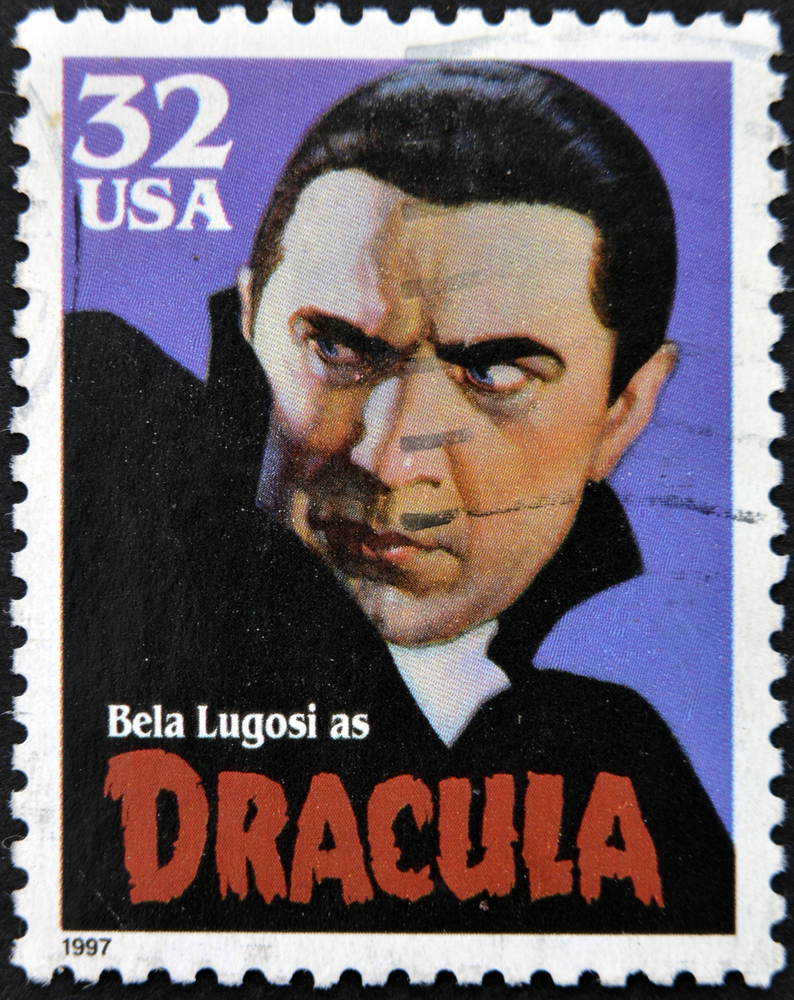Once upon a time, Western society as a whole was flushed with anticipation for the END OF THE WORLD. Some thought the rapture was coming, others believed it would be a complete blackout caused by a virtual virus that would completely wipe out our digital structures. I’m not talking about 2012–I’m talking about Y2K. Oh yea–that.
The Y2K fiasco really became more about effective branding and bandwagoning than it did about a reality. It led to a slue of Y2K-themed business books, cookbooks, fiction, music (Backstreet Boys’ Millennium album, anyone?), and more. One Amazon reviewer of The Y2K Personal Survival Guide wrote in his five-star review on June 4, 1999, “Pollyanna’s don’t need to read this book. Keep denying! You are going to need all the information you can get for the new three years.” The same thing has happened for the upcoming December 2012 with books, movies, websites, articles, and more, all preaching the end of the world or a shift to a new spiritual paradigm. And it’s marketing gold.
We’ve seen similar mania in the world of literature with Harry Potter and Lord of the Rings, The Da Vinci Code, The Purpose Driven Life, Twilight, and now, Fifty Shades of Grey could be creating a surge of BDSM in suburban bedrooms across the country.
If captured at the right time, jumping on these bandwagon trends can lead to huge success; if captured even a little bit too late, the likelihood of success is much smaller. In 2008, a YA fantasy writer friend heard from her agent that they were accepting “almost every YA vampire romance they could get their hands on.” Even the Fifty Shades trilogy is a product of the previous sparkly-vampire hype, as the author first started writing the books as Twilight fan fiction. This past fall, an agent friend told me that YA in 2013 was going to be all about mermaids.
It’s fun to be enraptured in literary trends. Certain Wise, Ink bloggers have been known to buy into book hype now and then. It’s becoming involved in a culture, a movement–it’s exciting. So what does it mean for writers? Is it worth it to jump on these bandwagons? Should authors sell out and forfeit originality for a greater chance of success? Is it really “selling out” or is it an expression of shared interest and cult fandom? We say that writers should take these trends and learn from them. What are the elements that people seem to be attracted to? What about these trends are attractive to you, the writer? It comes down to timing, too. How can you put a fresh spin on something that is currently popular? E.L. James took a storyline and character archetypes that were already developed in Twilight, removed the supernatural element, and added the theme of outside-the-box sexual lifestyles. J.K. Rowling popularized fantasy and mythology for children, and Percy Jackson took the hype and created a series that was geared toward a slightly younger audience and the mythological component was more plot driven. Jumping on bandwagons isn’t about recreating the wheel or about being perfect copycats. Jumping on literary bandwagons is about using popular trends for inspiration, identifying and preserving the valuable components, and creatively pushing boundaries a little further with your own freshness.
Writers, where do you think the literary trends will take us next? Are you reflecting those trends in your writing? Or is your writing fully outside the “bandwagon” box?

